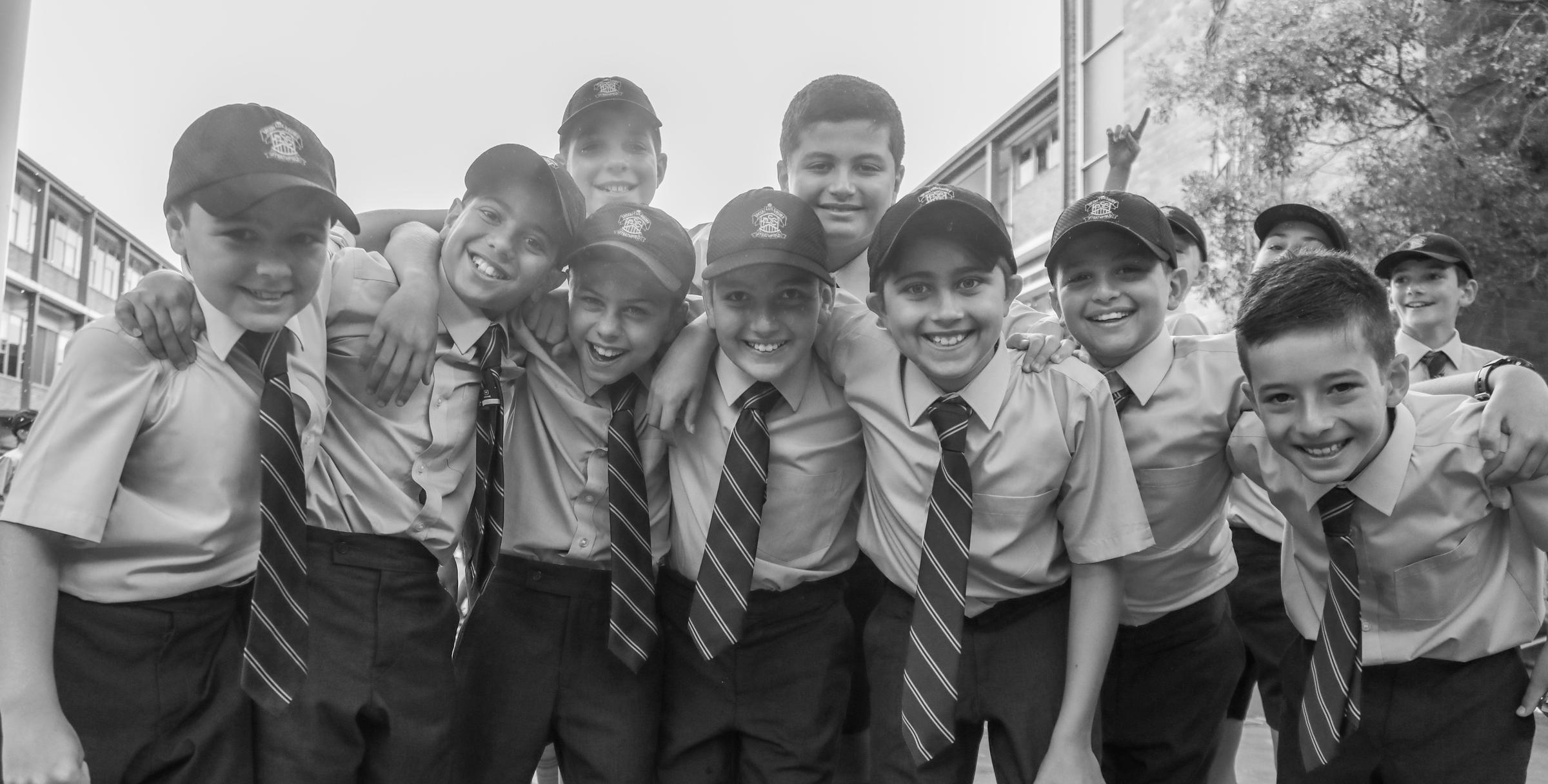Junior School

When I lived in Turkey some years ago, I took the opportunity to travel from our home in Istanbul down to the Gallipoli peninsula. Perhaps it is unsurprising that I often remember and reflect on this trip at this time of year.
I had studied the Gallipoli campaign at the time of the 75th anniversary in 1990 and as a young person, was very proud and respectful of this important chapter in our history. My knowledge was based largely on what was available in mainstream media at that time, and in the project books we used to be able to buy from the newsagent. So, as we drove along the spine of the peninsula, with peaceful and picturesque farmland on either side, I wondered whether I would recognise what I saw at Anzac Cove, or whether the reality would be different to what I knew from my school days.
The battlefields, graveyards and historical monuments were quiet the day we visited. It was easy to be still and imagine what had occurred there. I was stunned, looking at the cliffs of Anzac Cove, that anyone had survived the beach landings. I was saddened, looking at the dates of birth and death on the gravestones, by the youth of those who had lost their lives. I was moved, looking at the monuments, by the good grace and generosity of the victors once hostilities had ended. There is a large monument on which the famous words attributed to Mustafa Kemal Ataturk from 1934 are preserved. It says:
“Those heroes that shed their blood and lost their lives ... You are now lying in the soil of a friendly country. Therefore rest in peace. There is no difference between the Johnnies and the Mehmets to us where they lie side by side here in this country of ours ... You, the mothers who sent their sons from faraway countries, wipe away your tears; your sons are now lying in our bosom and are in peace. After having lost their lives on this land they have become our sons as well.”
I can only hope and pray that I am never called upon to make the inhuman choices and commit the inhuman acts that war demands. But sometimes I wonder, if that was my fate, what I would be like afterwards? Would I be able to forgive and seek reconciliation? Would I be filled with enduring hate and bitterness? I hope it is God’s will that I will never know for sure.
I recall reading on gravestones things like, ‘He died for the glory of God’. To be honest, I found it hard to reconcile that the brutality of war gave glory to God, or that there was any glory at all in the undignified deaths endured by so many. Rationally, I understood what the campaign hoped to achieve and the part it played in the bigger picture of the Great War; but on an emotional and human level, my visit to Gelibolu was a sombre and reflective experience.
This week our College’s ANZAC Day ceremony focused on the contribution of women to Australia’s military efforts over the years. Also, in recent years, we have become much more mindful of the contributions Aboriginal and Torres Strait Islander people made to military campaigns, even at times when they were denied their basic human rights back home in Australia. May we continue to tell these stories, and learn their lessons, so that the many blessings we enjoy today, and the opportunities to serve others our peaceful and prosperous lives give us, may never be destroyed by war.
God bless.
Ben Munday
Director of Junior School
